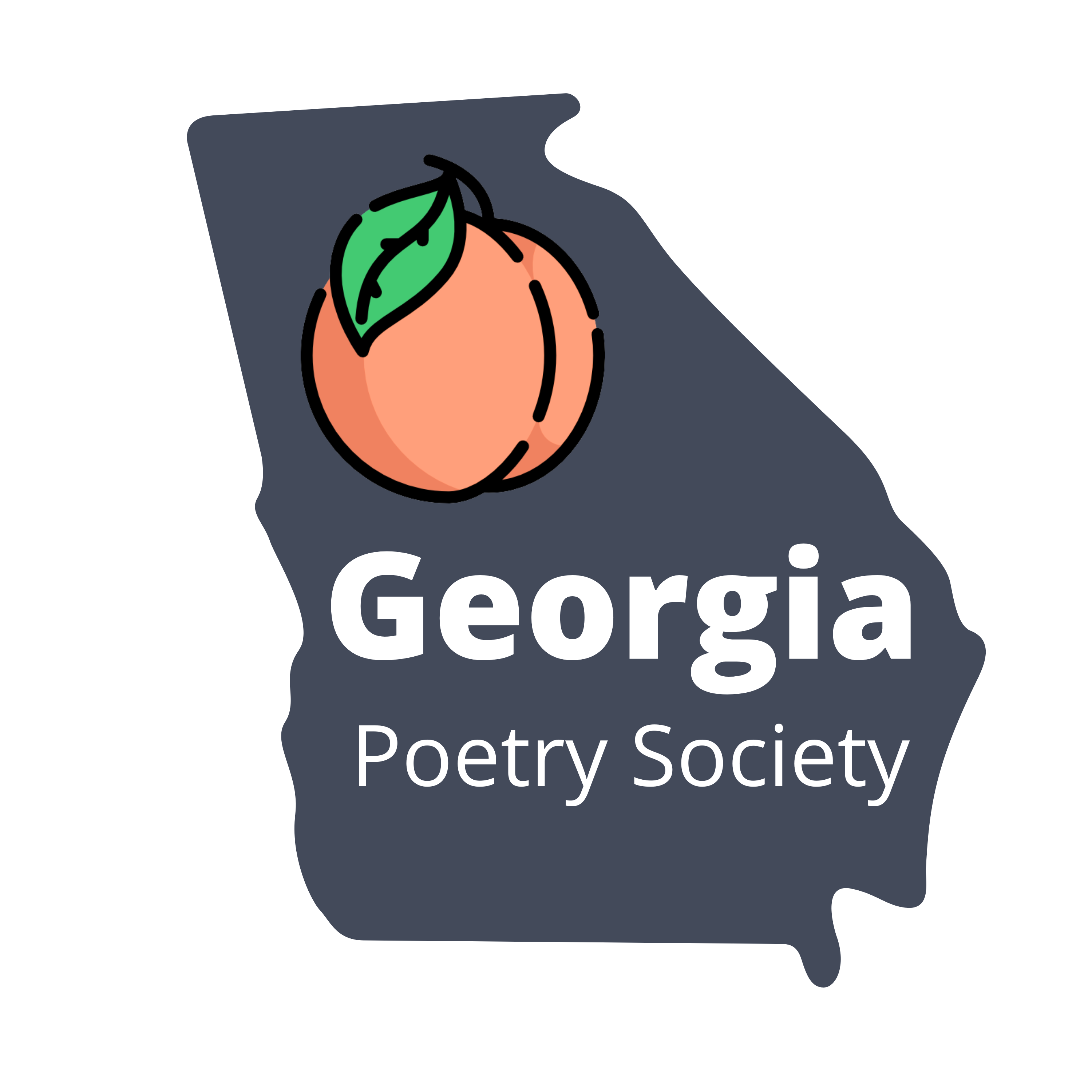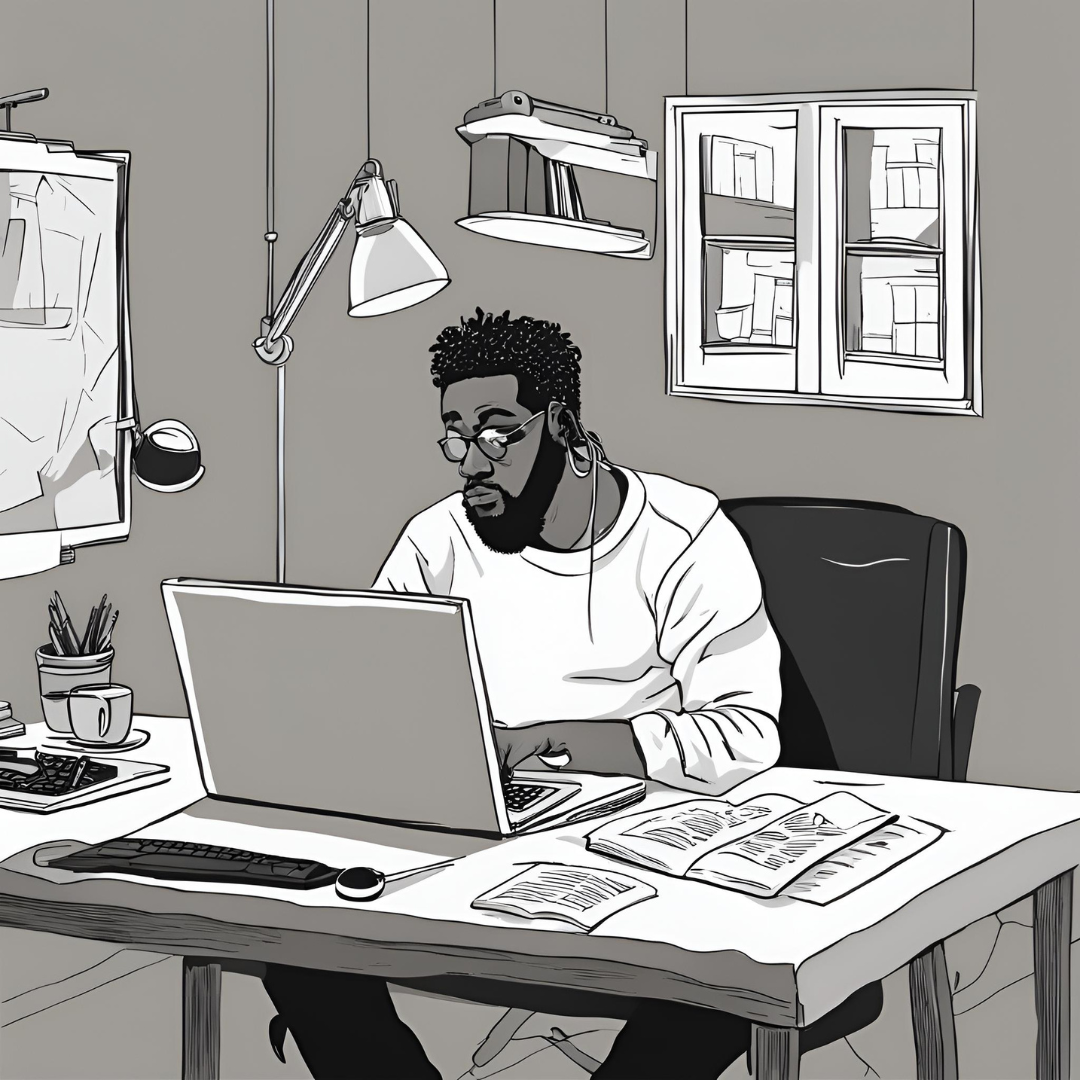Writer’s block can often feel like an unmovable boulder in the path of creativity, especially for poets who strive to craft evocative and emotive verses. Yet, there are effective ways to bypass or dissolve this obstruction and reconnect with your muses. Here are some practical strategies that members of the Georgia Poetry Society and writers worldwide can utilize to surmount writer’s block and rekindle their love for the art of poetry.
1. Embrace Free Writing Free writing involves writing continuously for a set period without worrying about grammar, spelling, or punctuation. The key is to write without judgment or editing. This approach can serve as a catalyst for creativity and help dislodge the mental block that impedes the flow of ideas. It’s like priming a pump, getting the words flowing until they begin to form meaningful verses.
2. Seek Out Inspiration When you’re feeling uninspired, change your surroundings or routine. Visit a museum, take a walk in a park, read a book, listen to a new genre of music, or explore a part of Georgia you’ve never seen before. Changing your environment or perspective can often stir dormant ideas.
3. Use Writing Prompts Writing prompts are a great way to jump-start your creativity. They can be single words, quotes, images, or even abstract concepts. For instance, consider using elements of Georgia’s rich history and diverse landscapes as your writing prompts. Remember, the aim is to let your imagination play around the given theme, not to create a polished poem.
4. Attend Poetry Readings or Workshops Sharing your work and hearing others’ creations at poetry readings or workshops can be incredibly inspiring. Participating in discussions can offer new insights, stir your thoughts, and lead to breakthroughs. The Georgia Poetry Society frequently hosts events that can help spark that latent creativity.
5. Mindful Meditation Incorporating mindfulness practices into your daily routine can significantly improve your focus and clarity of thought. Even a few minutes of daily meditation can help calm your mind, allowing ideas to surface more easily.
6. Collaborative Writing Working with fellow poets can be an enriching experience. It allows you to bounce ideas off each other, gain new perspectives, and blend different writing styles. Collaboration might be the missing piece you need to move past your block.
7. Acceptance Lastly, it’s important to accept that writer’s block is a normal part of the creative process. Even the most prolific poets experience periods of stagnation. The key is not to stress over it. Remember, creativity is not a constant, rushing stream but more like waves on the ocean shore – it ebbs and flows.
Writer’s block can be a frustrating hurdle, but it doesn’t have to signify the end of your poetic journey. It is merely a pause, a time for introspection and growth. And who knows? The effort to overcome this block might lead to some of your most profound work. The beautiful thing about poetry, particularly within a vibrant and supportive community like the Georgia Poetry Society, is that there’s always room for exploration, experimentation, and growth.
Happy writing!

